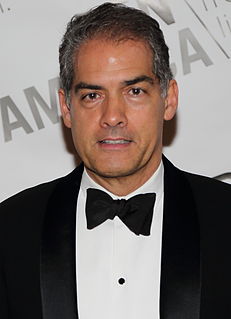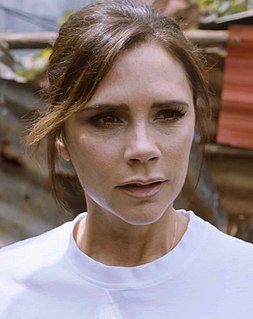A Quote by Mark Haddon
Writing for children is bloody difficult; books for children are as complex as their adult counterparts, and they should therefore be accorded the same respect.
Related Quotes
I don't change the language for children books. I don't make the language simpler. I use words that they might have to look up in the dictionary. The books are shorter, but there's just not that much difference other than that to be honest. And the funny thing is, I have adult writer friends [to whom I would say], "Would you think of writing a children's book?" and they go, "No, God, I wouldn't know how." They're quite intimidated by the concept of it. And when I say to children's books writers, would they write an adult book, they say no because they think they're too good for it.
There is the myth that writing books for children is easier than writing books for grownups, whereas we know that truly great books for children are works of genius, whether it's 'Alice in Wonderland' or the 'Gruffalo' or 'Northern Lights.' When it's a great book, it's a great book, whether it's for children or not.
I've published over 100 books - and that is divided about 50/50 adult and young adult. Lately, I have been writing more YA, which is such a great genre to write it. I don't have a favourite (I usually say it's the last book I've written), but certain books do stick in the mind. My very first YA novel, The Children of Lir, will always be special to me, and, of course The Alchemyst because it was a series I'd wanted to write for ages.
Attaching the word marriage to the association of same-sex individuals mistakenly presumes that marriage is principally a matter of adult benefits and adult rights. In fact, marriage is principally about the nurturing and development of children. And the successful development of children is critical to the preservation and success of our nation.
Children have a remarkable talent for not taking the adult world with the kind of respect we are so confident it ought to be given. To the irritation of authority figures of all sorts, children expend considerable energy in "clowning around." They refuse to appreciate the gravity of our monumental concerns, while we forget that if we were to become more like children our concerns might not be so monumental.







































